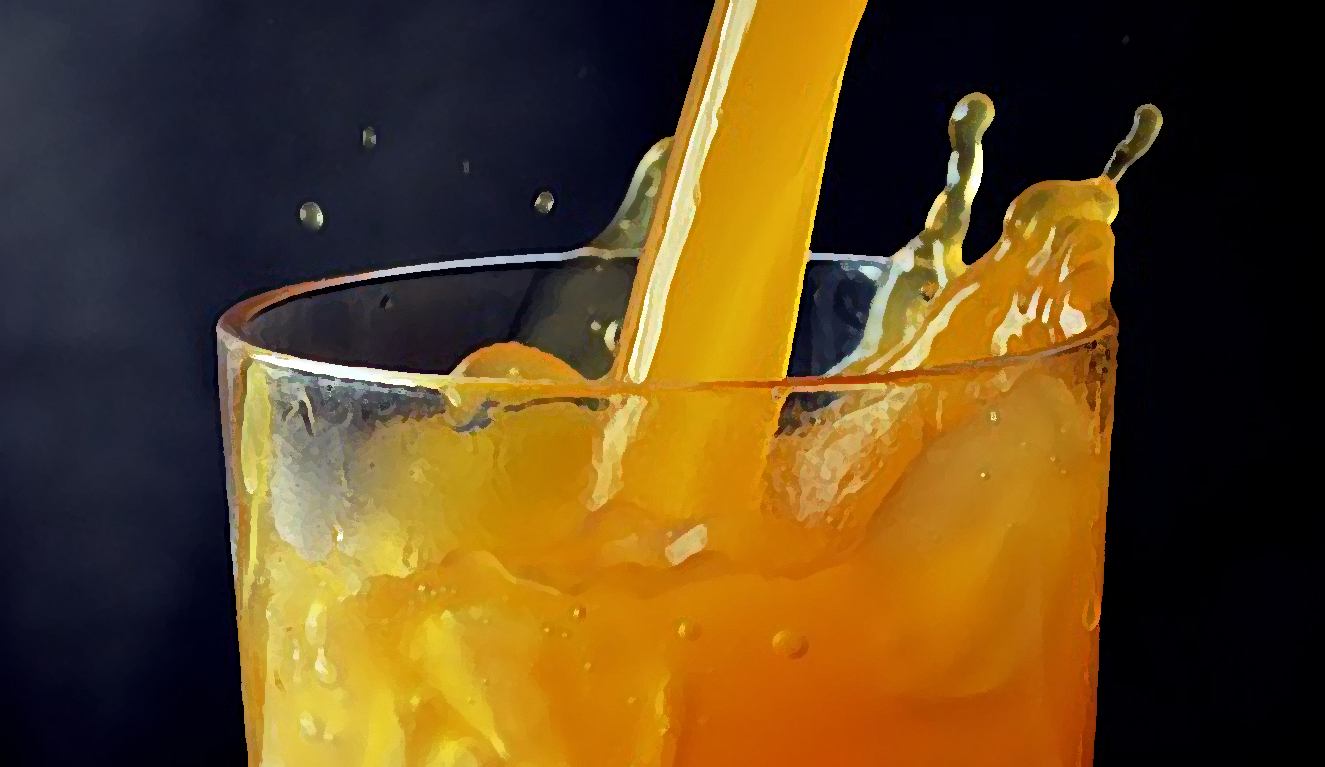
Over the weekend, I watched Kong: Skull Island with some friends. Not only was it a great movie (Giant monkey wrestles giant turkey vulture? Sign me up!), it had some funny lines. The movie is set in the mid 1970s, and one particular scene brought back memories. The crew that lands on Skull Island finds a castaway who has been away from society for thirty years, and when they tell him that Americans have landed on the moon, he asks “What do they eat up there?” The rescuer replies “Tang, I guess.”
Anybody who lived through the 60s and 70s knows that Tang was a powdered, orange-flavored drink that’s branding was tied to NASA because – supposedly – astronauts drank it. It was a brilliant case study in product differentiation. No other drink could say that it was favored by the American space program.
And that branding worked, because millions of Americans actually drank the stuff, which is huge considering it tastes like orange-colored dishwater. I distinctly remember having it with my Cap’n Crunch while I watched Space Ghost on Saturday mornings and grimacing with every gulp. But I kept choking it down because, by golly, if astronauts drink this crap then it must be awesome. Legendary spaceman Buzz Aldrin was once quoted as saying “Tang sucks,” and no truer words have ever been spoken.
But so powerful was NASA’s spell that we ignored real orange juice (which is healthy) and orange Kool-Aid (which tastes like a liquid Pixy Stix) and drank tap water mixed with citrus-colored chalk dust instead. If only differentiation was this easy for every business. Sometimes I fear, however, that those simpler times have passed. Today’s cynical consumer – armed with the internet in their purse – squints pretty hard at anything they see as a sales pitch.
For example, saying that your company employs “better people” is now meaningless. If you say that you “care about your customers,” you sound like dozens of your competitors. The more every company and product tries to sound different in a safe way, the more they tend to sound the same.
Just like space travel, true differentiation takes guts. NASA isn’t going to help you, so you need to carve out your niche on your own. Lots of companies make electric cars, but Tesla is the brand on everybody’s lips. Teslas are expensive, and you need to wait forever to get one. Ironically, the company’s CEO is obsessed with space travel and routinely sounds like a Dr. Emmet Brown in interviews. There may be better electric cars on the market, but Tesla’s brand stands out.
Love Your Melon is just TOMS shoes with hats, but they pushed all their chips into that brand position, and it paid off. One reason for that success is the consistent, inescapable social media imagery of young women and kids posing in beanies. They didn’t invent their niche, but they claimed it with boldness.
Could you be the “bank for young people?” Could your manufacturing company say “always produced on time no matter what?” True differentiation takes true dedication – and a good measure of courage. History shows that consumers leave the meek behind.
Find a unique position in the market and take up the mantle with pride. After all, to successfully differentiate yourself you need to be different. It can be hard, but it’s worth it in the end.